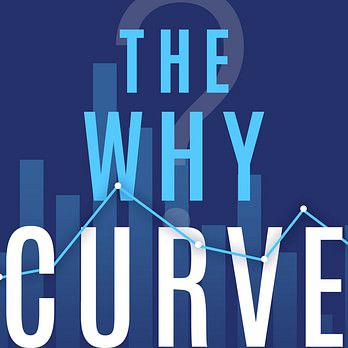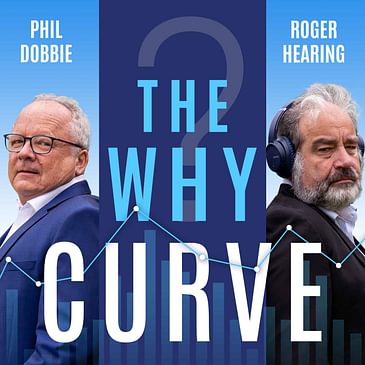Our prisons are at breaking point - too many inmates and not enough cells. How did we get to the point of having more a higher proportion of the population behind bars than any other country in Western Europe? Why do politicians promise “tough on crime” sentences, without providing the means to deliver that? And does prison work, anyway? More than half of those who serve short sentences, go on to be convicted again. Mark Day, deputy director of the Prison Reform Trust takes Phil and Roger through the challenges of sorting out our out-of-control system of incarceration.
Hosted on Acast. See acast.com/privacy for more information.




